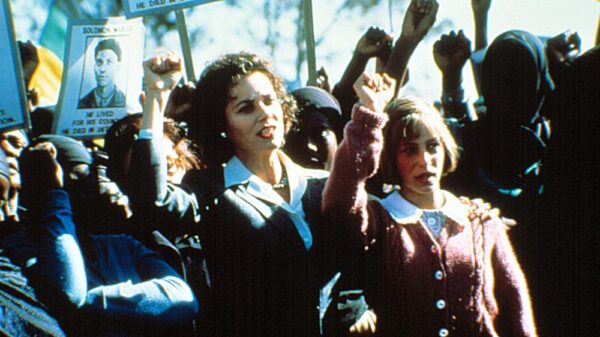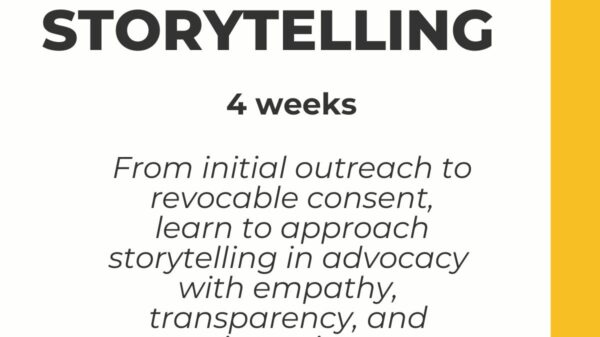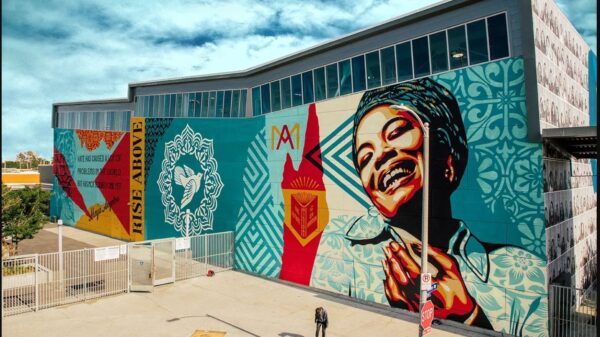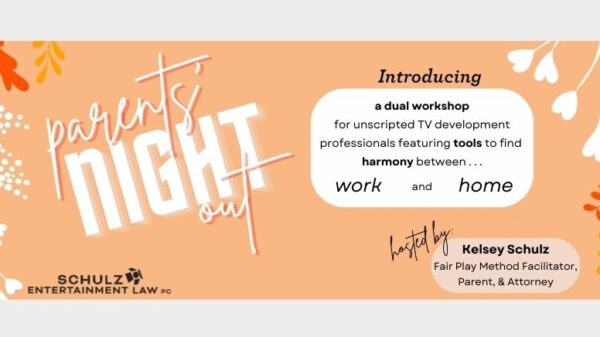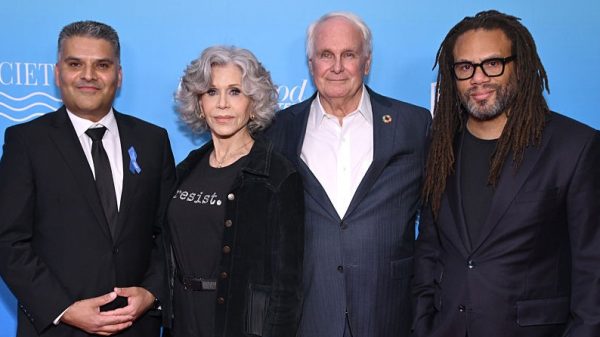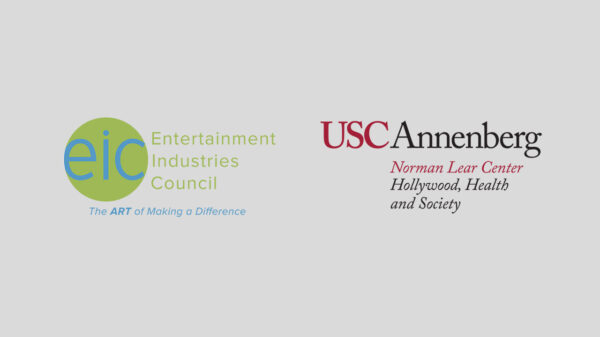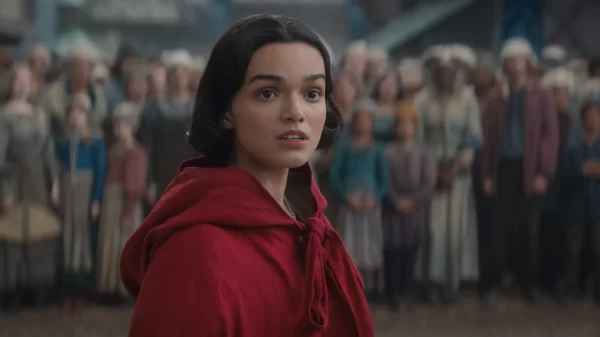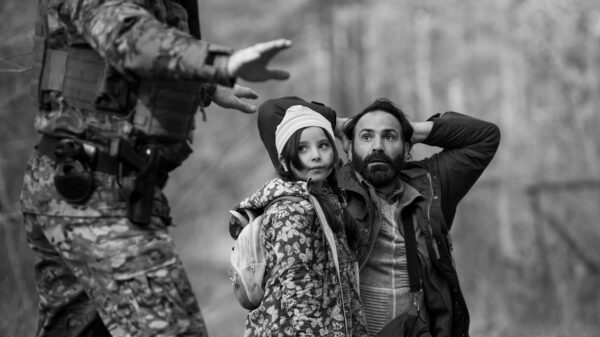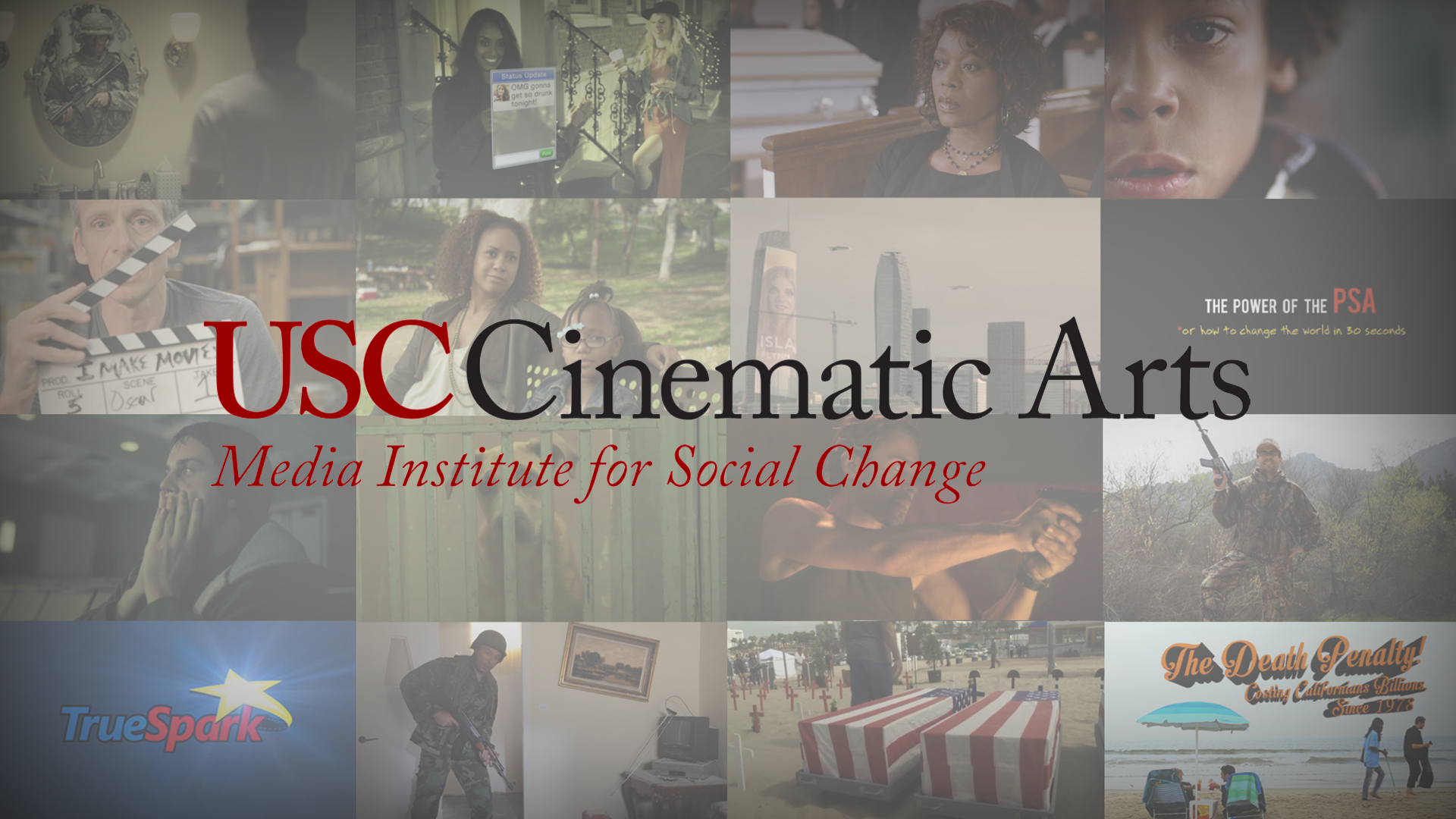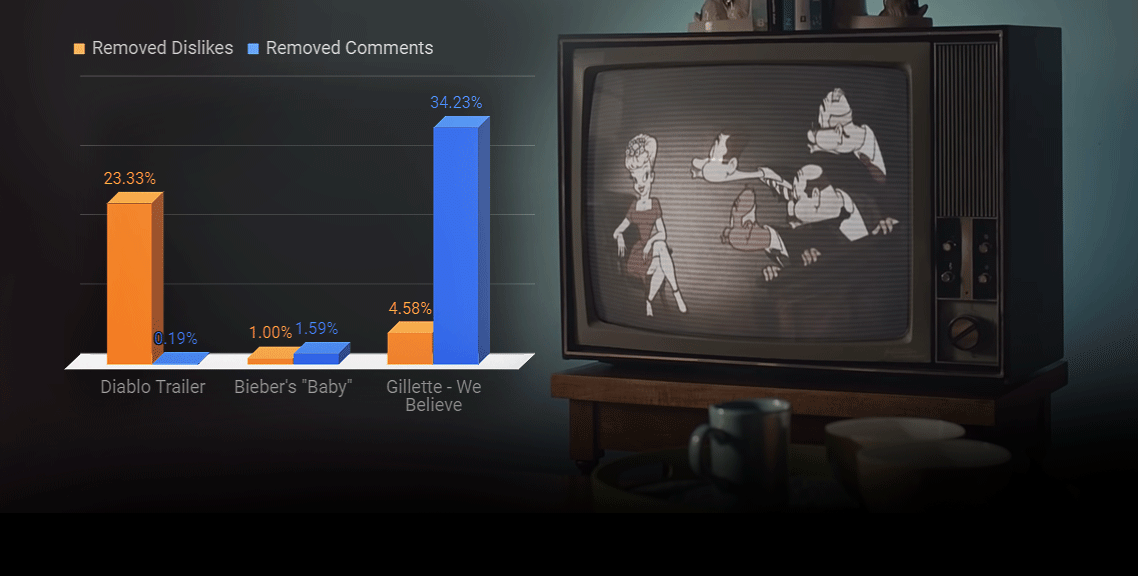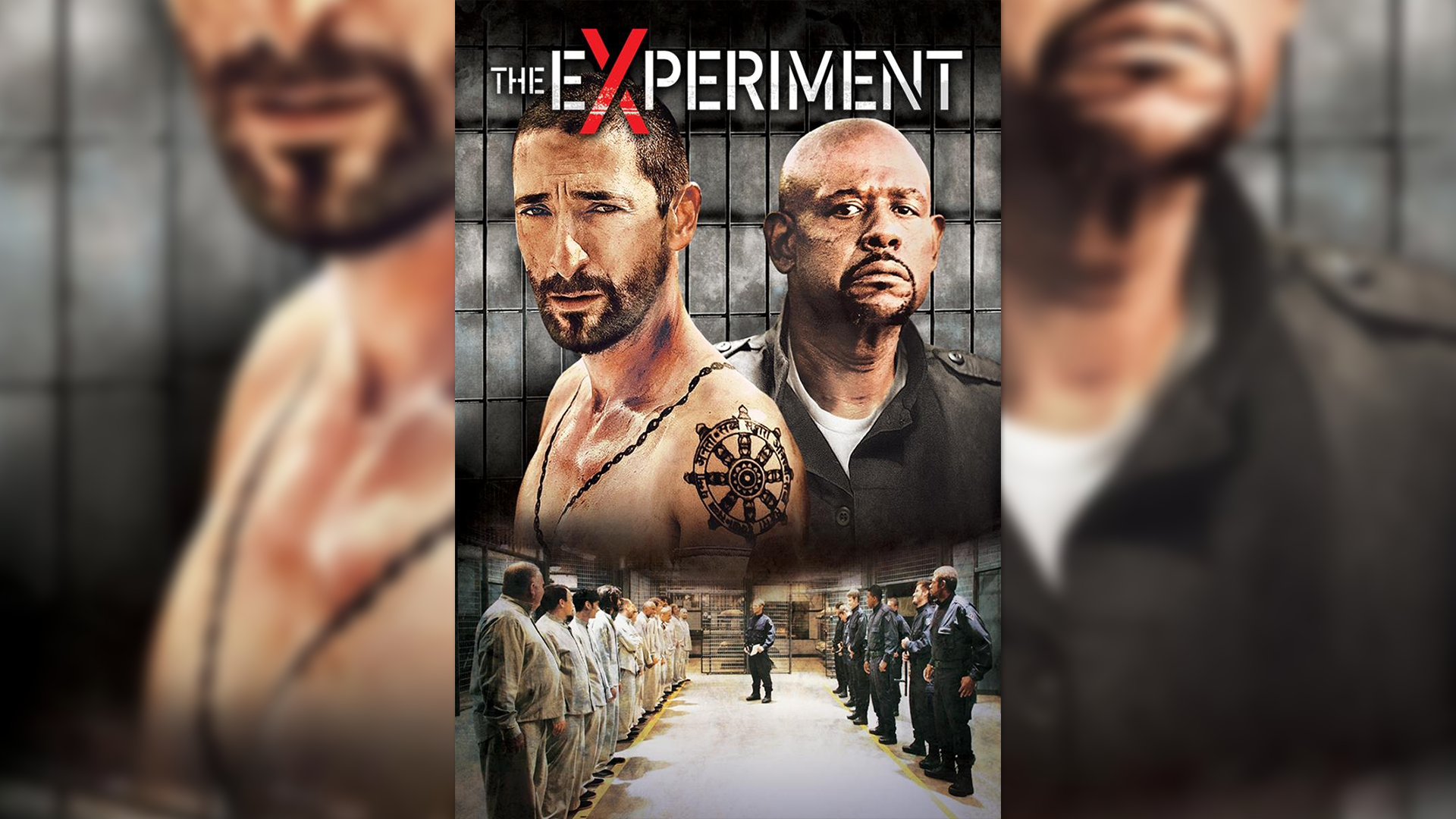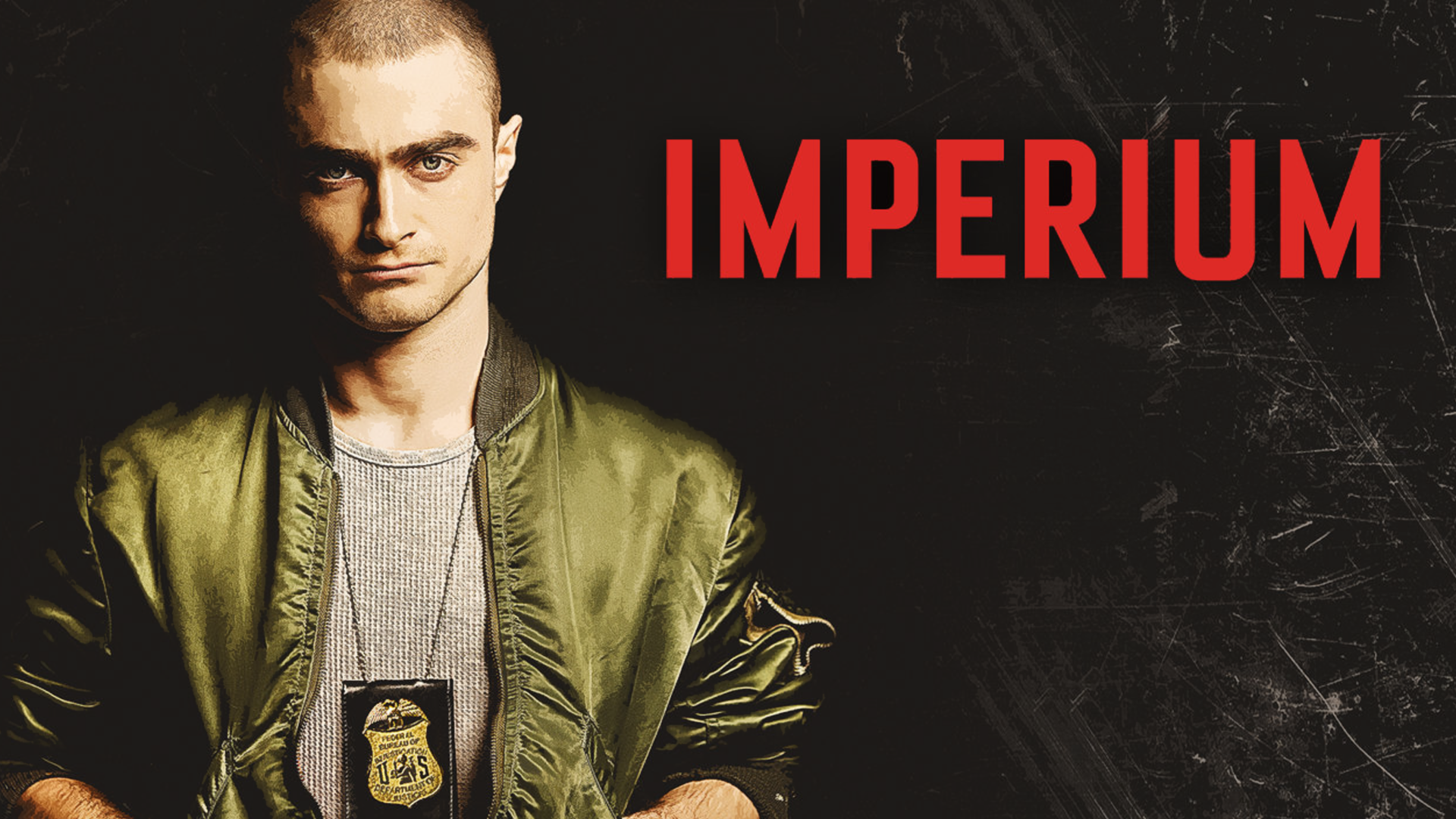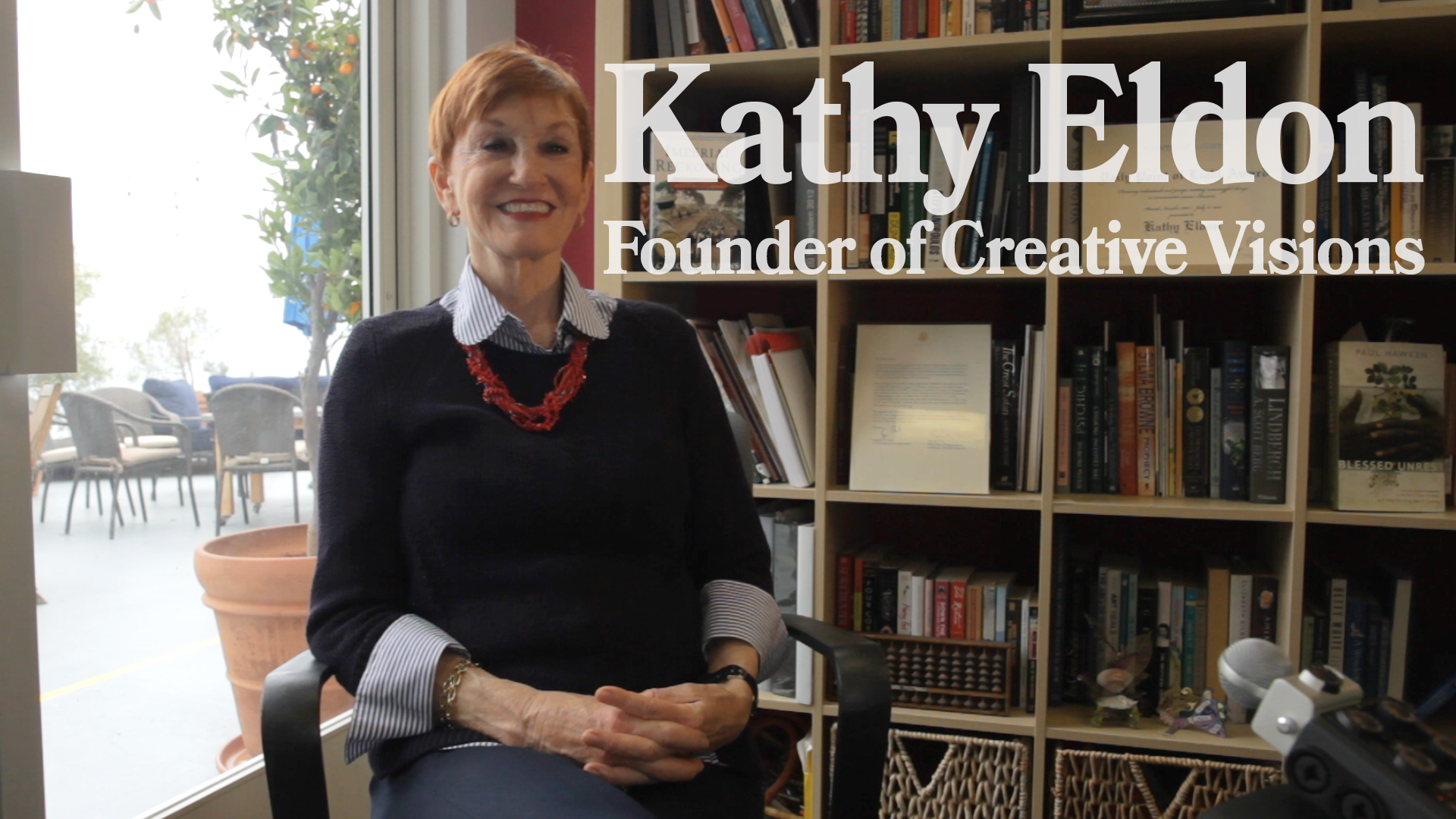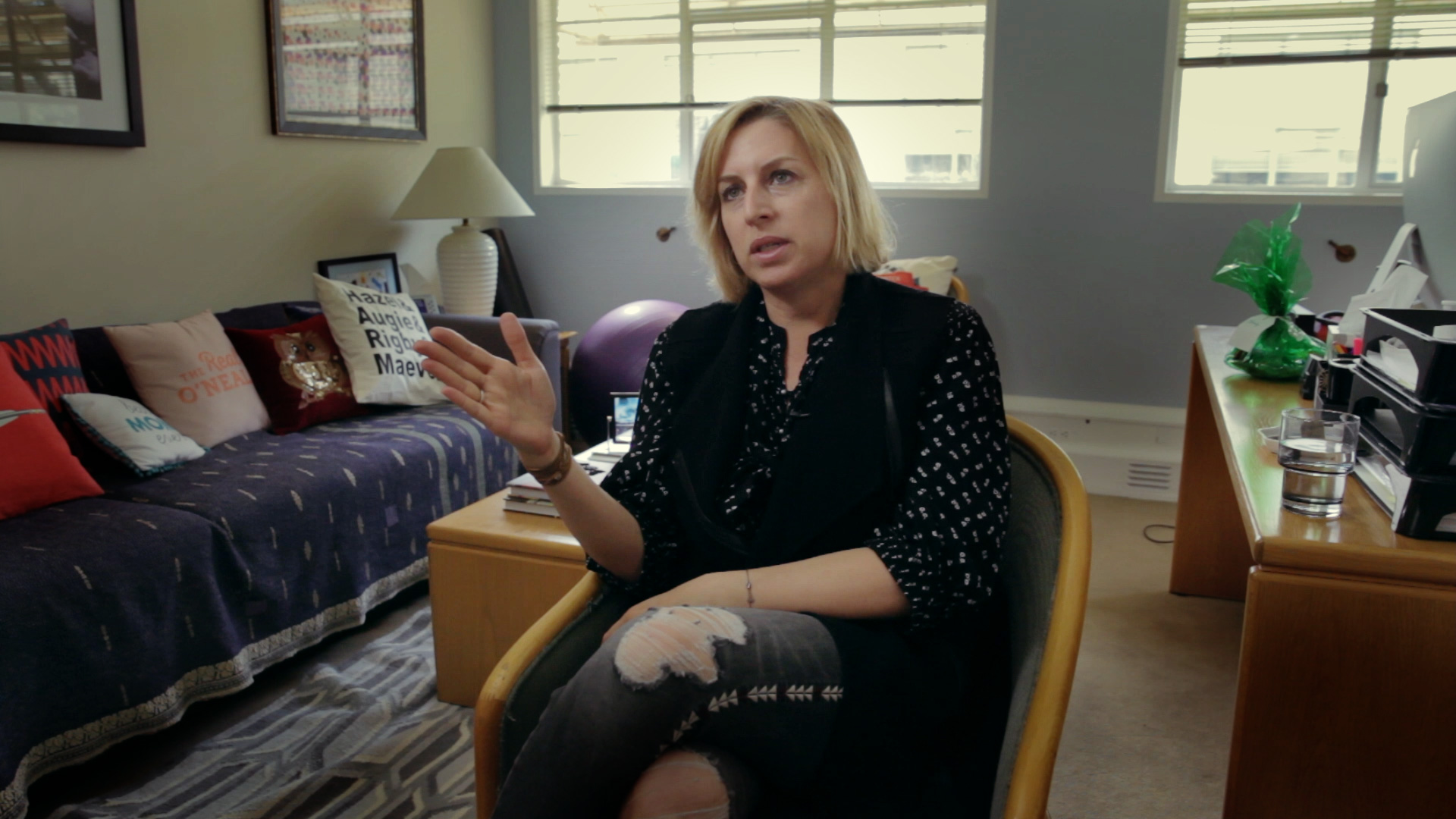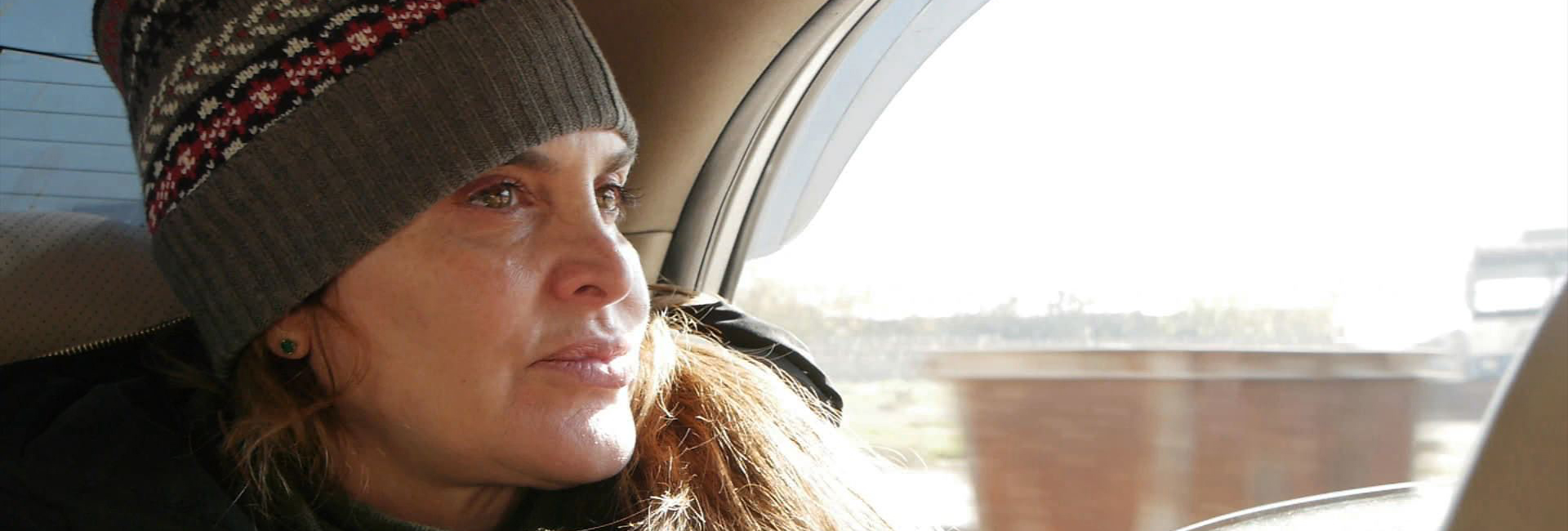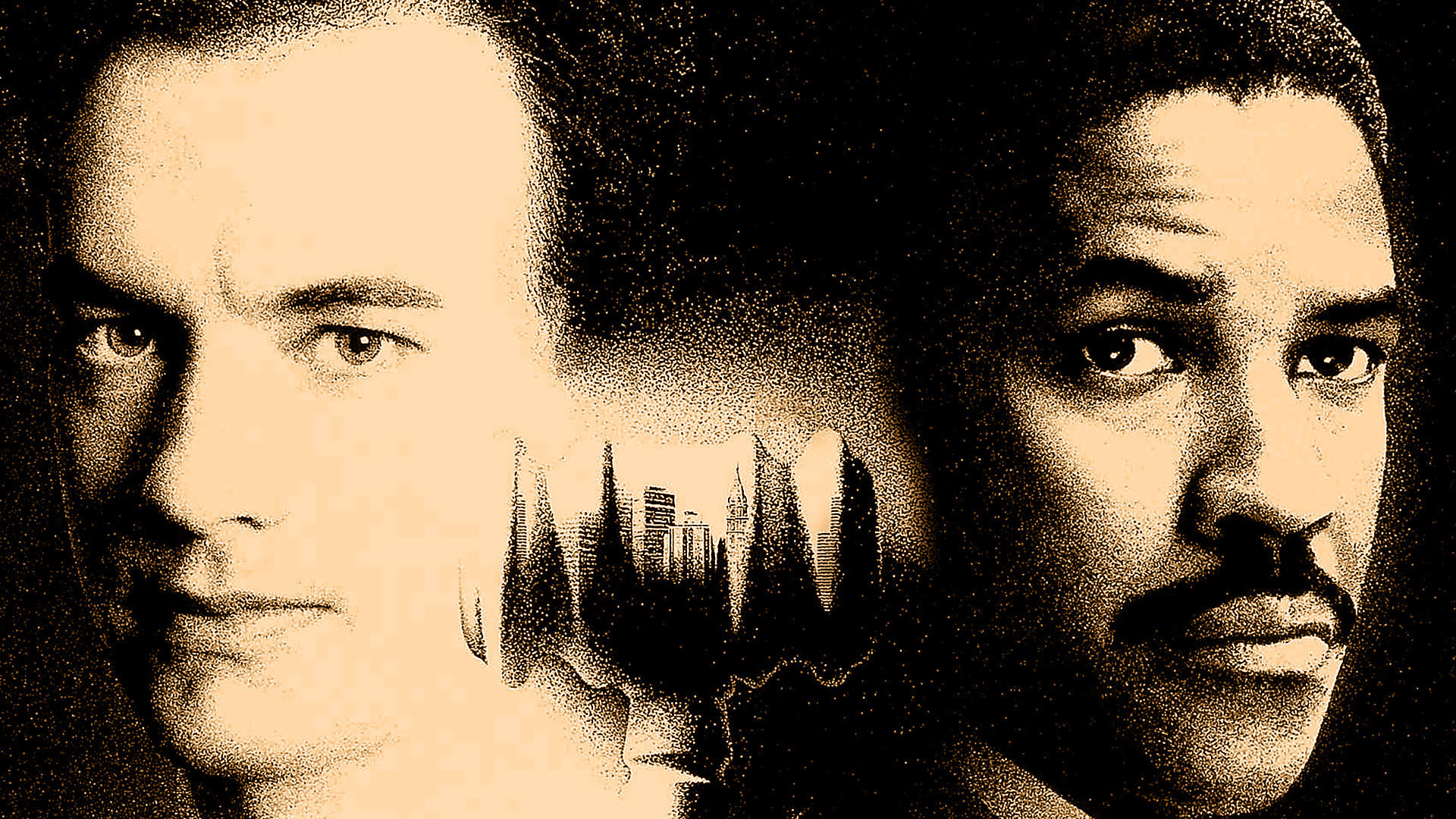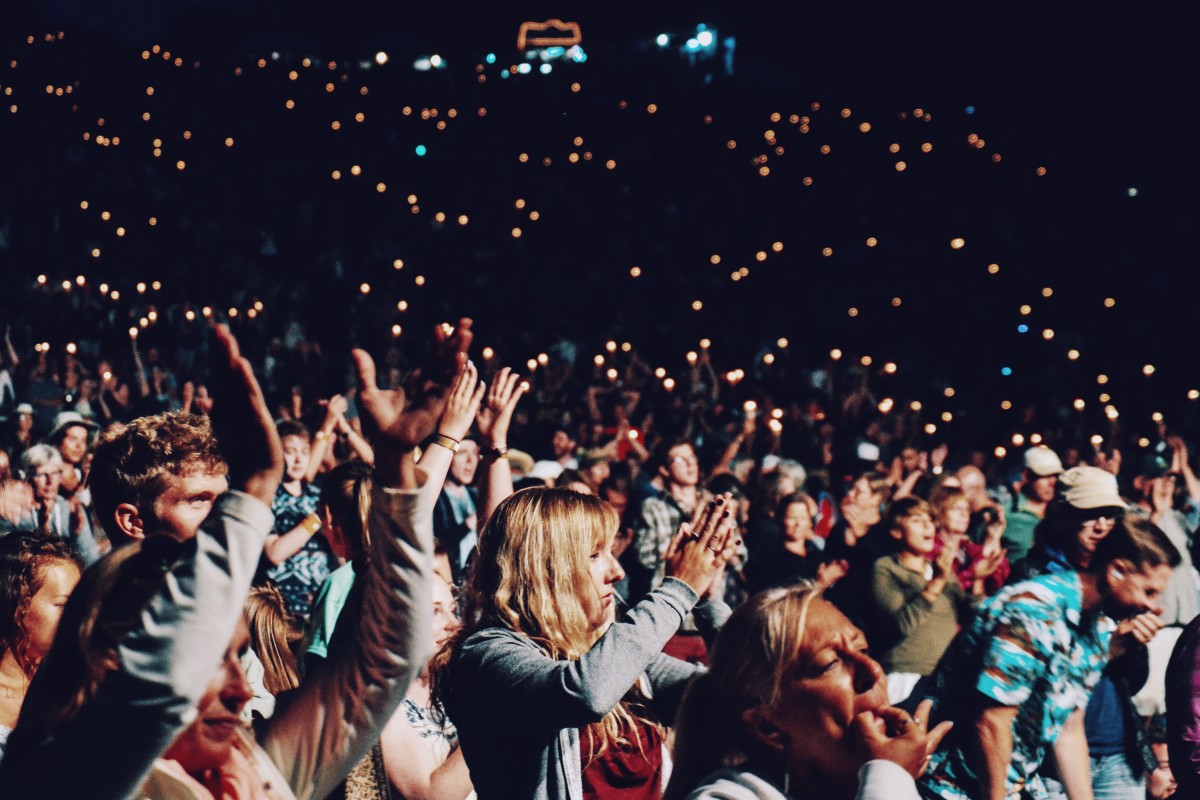About two-thirds of the way through Robert Rippberger and Scott Rosenfelt’s harrowing new documentary 7 Days In Syria, we are led into an unnamed city center by a member of the Free Syrian Army. The man arrives at a lonely street corner, and the camera rests on what we’re told is the Syrian equivalent of Time Square. In broad daylight, the city is dead. There isn’t a single sign of life to be seen. The only sound ruining the quiet is the muted rattle of distant gunfire, and even this becomes so present that it ceases to break the monotony and becomes an essential component of it.
For most, this will surely seem like a nightmare; for the people of this abandoned country, this is what one wakes up to.
Syria is a country that has been shucked of its soul and hung on a fine wire, ready to snap at any given moment under the weight of civil conflict. Its buildings are charred, bullet-riddled husks of the great architecture they were meant to be, and its people live in a fear that’s as typical to them as comfort is to us. Their government has turned against them and held them prisoner in their own homes, having cut their electricity and water supplies. The film drops us in the middle of an urban war zone and forces us to inhale the dust.
The filmmakers follow journalist Janine di Giovanni over the course of seven days she spent in Syria investigating the effects the Syrian civil war has on its citizens. When she first put in her requests to various newspapers to take the trip, every outlet rejected her, deeming the venture too dangerous. As the film bluntly states, she went anyway. Giovanni and her team bulldoze through rubble, eschew public mobs, and otherwise put their lives on the line, and it’s all done not out of spite but out of debt. Her philosophy is that if you have the opportunity to find stories and give them voices, pursuing them is no longer an option; it’s a responsibility.
7 Days In Syria is the the most immediate kind of documentary, one that pushes aside its political soapbox and instead invites the audience into a shared sobriety. Leave politics at the door. The only thing you need to engage with the movie is the ability to see its people for who they are, not for the headlines into which their complex lives have been hopelessly compressed.
I won’t catalogue all the people we meet throughout the film, but the film is filled with more compelling faces than some films have faces; a helpless man flared with rage as he mourns the loss of his home to; a child who spends whole days burying the dead with his father; or a little girl who despite living in constant danger still finds the joy to sing for a room full of guests. By keeping all of this funneled through the first-hand experiences of Giovanni and her team, the filmmakers manage to showcase so much without ever seeming cluttered or overwrought.
Some days after I saw the film, I found that it hadn’t left my mind, so I called up my mother and told her about it. I described to her a scene in which a young photojournalist working for the Free Syrian Army describes one of her dearest friends running into a crossfire to rescue a wounded man. His bravery sparked a mob of others to help. Of all the dozens of people who followed his example, he was the only one who didn’t survive that day. I tell you this because it cannot be spoiled — the story is not in the details but in the girl’s face as she relives them in some hope that we might understand why she fights. But we don’t. How could we?
When I asked my mother what she thought about that, she mentioned the recent worldwide call to welcome Syrian refugees into our precious country, and I was treated to a response so blindly callous it was like being struck cheek-side by a cold, wet fish: she told me that America has its own problems.
I didn’t get into it with her because age had taught me better. It occurred to me then, however, why films like 7 Days in Syria are so essential to public dialogue; as bombarded as people are by up-to-the-minute world news, we simply don’t get it. Reading about the horrors of the world isn’t enough to assimilate them. It takes seeing the world through people’s eyes to understand what they do and how they live, and cinema provides the closest opportunity most will ever get. If my mother’s comment about the refugee crisis signifies anything, it’s that people need those opportunities more than ever.


